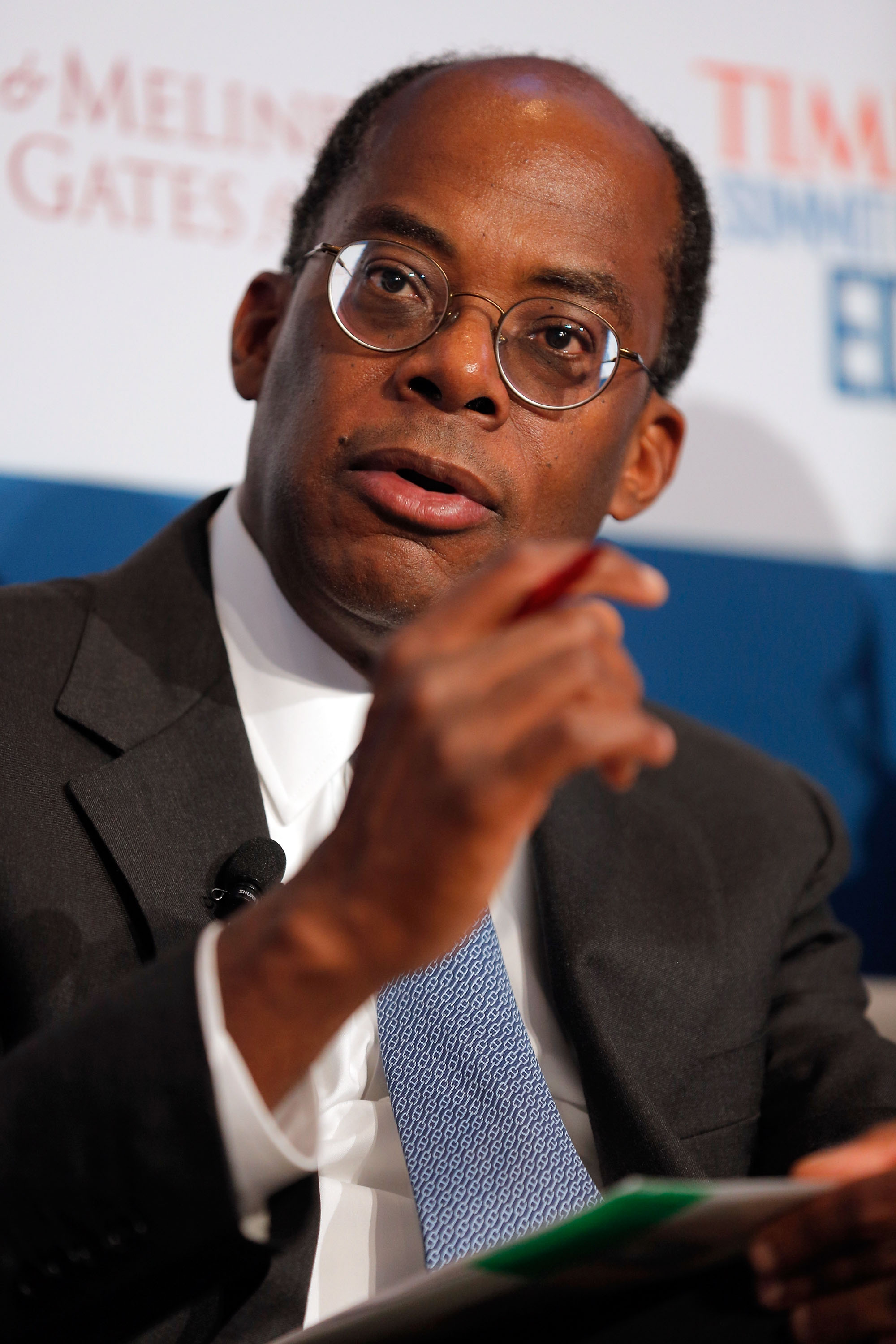
LinkedIn Influencer Roger W. Ferguson, Jr. originally published this post on LinkedIn. Follow Roger on LinkedIn.
A recent Amazon.com search turned up more than 140,000 books on the topic of leadership. It seems there is an endless amount to say about this important topic. But the main thing you need to know is that leadership is really all about “followership,” or getting others to want to follow you. To put it another way: you can’t be out in front leading the parade unless there are people willing to line up and march behind you.
Followership is not conferred by a title, and it cannot be forced. Rather, it’s about inspiring people, and I believe there are four characteristics of leaders who do this well.
Expertise: You must have the right degree of expertise about your organization and the issues it is confronting, or you will never have credibility. You don’t see many amateurs among the ranks of leaders, because people want leaders who base their decisions on more than just gut reactions. That said, there are different kinds of expertise. Whether you are an engineer, teacher, or chef, you need a deep, rock-solid understanding of your discipline. But you should also develop a broader expertise — on the organization in which you’re working and on your industry or sector as a whole. You need that big-picture perspective to earn followership beyond just your functional area.
Appeal: George Clooney-style charisma is nice, but that’s not what I’m talking about here. I’m referring to the kind of appeal that stems from attributes associated with strong leadership, namely, the ability to:
Empathy: Effective leaders recognize that people have lives outside of work and sometimes need support and flexibility to balance competing demands and responsibilities. If you have an employee whose 3-year-old has strep throat or whose mother is experiencing dementia, you should take the time to understand his or her needs and support that employee in finding solutions. If you treat people with empathy, they may very well follow you to the ends of the earth; if you don’t, they will never line up behind you in the first place.
Fortitude: Effective leaders are the calm in the storm during the bad times, and they stay grounded in the midst of the good times. They are the shock absorbers of their organizations, tempering both the highs and the lows. Leaders with fortitude also know how to take criticism with a grain of salt. And let’s face it; there’s always criticism. But they won’t let it to keep them from taking action, nor will they allow it to cloud their vision or sour their optimism.
Those four characteristics may sound pretty simple, but if being a good leader were simple, there wouldn’t be so many books on the subject. The abundance of advice may seem overwhelming at times, but if you keep your focus where it belongs — on being the kind of leader who is worthy of followership — you can’t go wrong.
LinkedIn Influencer Roger W. Ferguson, Jr., President and CEO of TIAA-CREF, originally published this post on LinkedIn. Follow Roger on LinkedIn.
More Must-Reads from TIME
- Inside Elon Musk’s War on Washington
- Meet the 2025 Women of the Year
- The Harsh Truth About Disability Inclusion
- Why Do More Young Adults Have Cancer?
- Colman Domingo Leads With Radical Love
- How to Get Better at Doing Things Alone
- Cecily Strong on Goober the Clown
- Column: The Rise of America’s Broligarchy
Contact us at letters@time.com